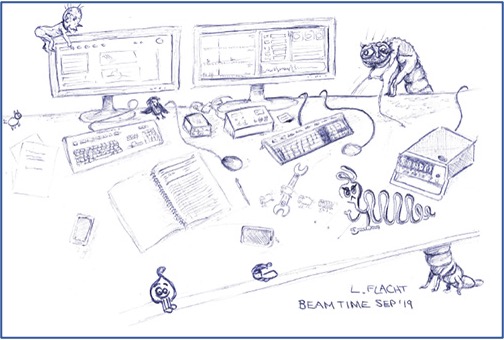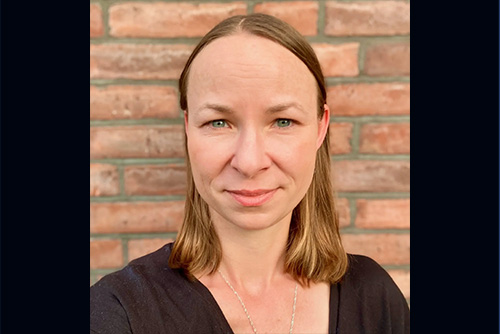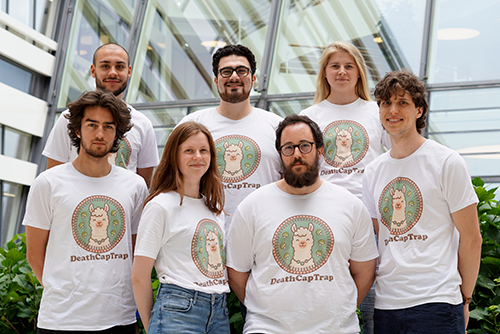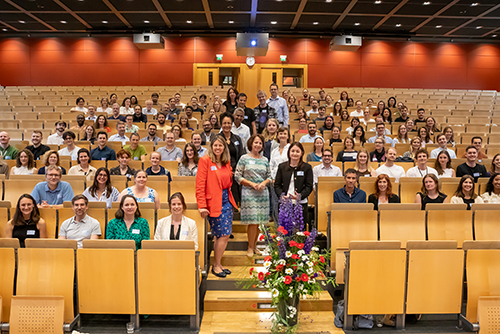Focus on Pathogen-Induced Compartments
On March 26, 2019, the Senate of the Leibniz Association approved the Leibniz ScienceCampus InterACt. The aim is to better understand the role of compartments in the course of infection. InterACt will start on May 1, 2019 under the auspices of the Heinrich Pette Institute (HPI) to strengthen cooperation in the field of infection biology with the Universität Hamburg (UHH). CSSB group leader, Prof. Dr. Kay Grünewald, is the spokesperson for InterACt.
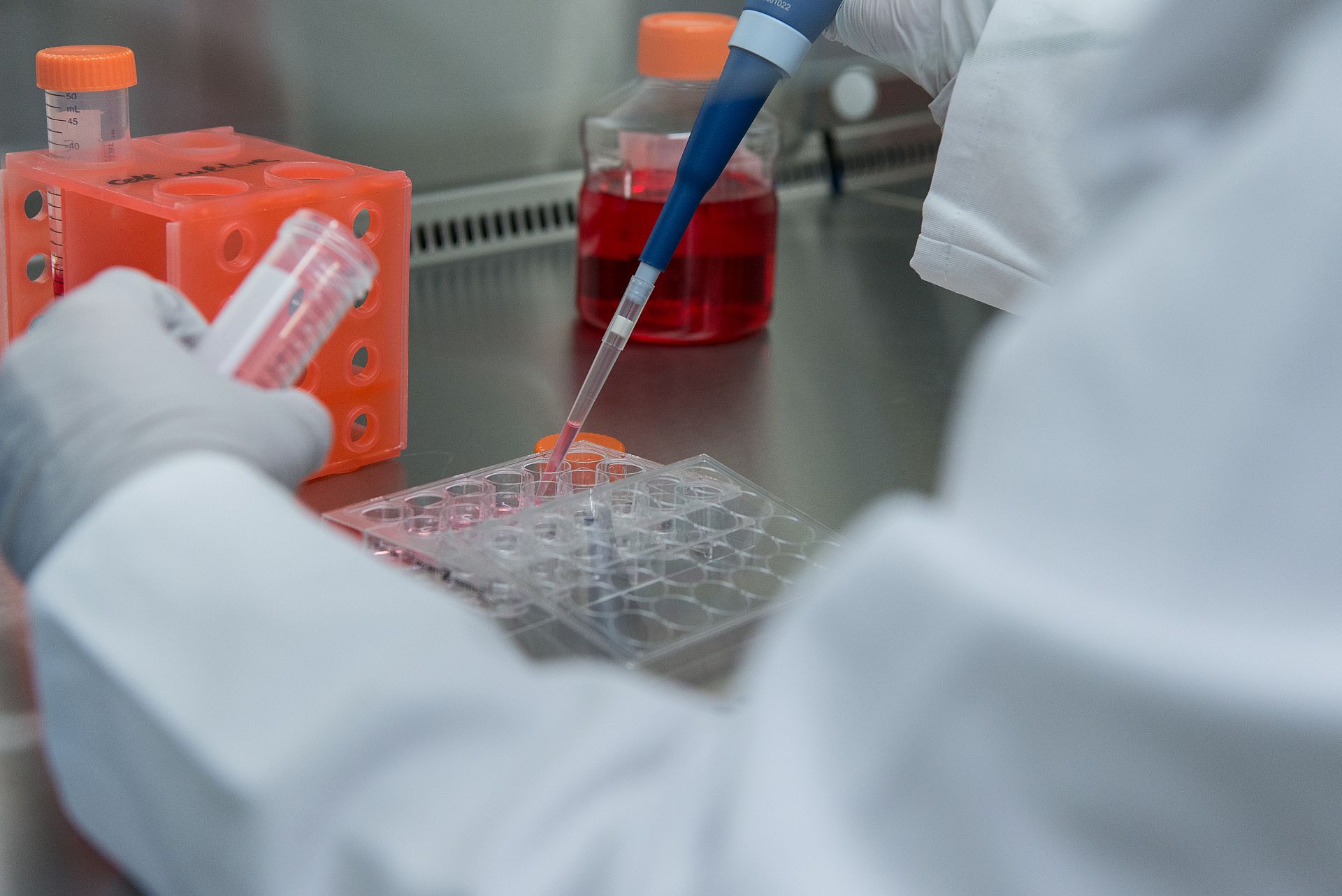
During an infection, pathogens such as viruses, bacteria or parasites penetrate existing reaction compartments of the host or build up new compartments themselves. These compartments protect the pathogens from host defense. The goal of the newly established Leibniz ScienceCampus InterACt is to elucidate the dynamics and structure of these diverse compartments and thus, in the long run, to find access points for innovative therapeutic approaches.
"Using various approaches ranging from advanced mass spectrometry to state-of-the-art light and cryo electron microscopy, the dynamics, structure and function of native pathogen compartments shall be analyzed in situ and combined with results on the composition of the compartments and the physicochemical properties of their components", explains Prof. Dr. Kay Grünewald, spokesperson for InterACt, professor at the UHH and HPI department head at the Centre for Structural Systems Biology (CSSB) on the Bahrenfeld Research Campus. "The data sets generated in this way are highly complex and large. For this reason, the ScienceCampus aims to create the basis for integratively bringing these data together, efficiently analyzing them and thus opening up new approaches and aspects," he adds. Therefore, InterACt combines the competences from the fields of infection biology, structural biology and systems biology with imaging in situ procedures: In addition to the HPI and the Universität Hamburg, the two partner institutes of the Leibniz Center Infection, the Bernhard Nocht Institute for Tropical Medicine and the Research Center Borstel - Leibniz Lung Center, are also involved.
Moreover, four new research groups are to be established in the course of the ScienceCampus: A W3 professorship and a new W1 professorship will be established at the Universität Hamburg. A new junior research group will be set up at the HPI. Furthermore, a joint W3 bridge professorship between the Universität Hamburg and the HPI is planned. The newly created groups work on topics at the interface between virology and integrative data analysis. They strengthen the research profile at the Universität Hamburg and the HPI via a systems biology linkage of the existing research groups.
Over the next four years, InterACt will receive funding of around 6.6 million euros. The University of Hamburg will provide extensive co-financing totaling 2.8 million euros. Prof. Dr. Dr. h. c. Dieter Lenzen, President of the Universität Hamburg, comments: "The establishment of the new Leibniz ScienceCampus on the issue of infection research is another example of the excellent cooperation between the University and non-university research institutions. And this cooperation has future: In Hamburg, we want to work together to tackle the numerous infectious pathogens."
About 1.5 million euros will flow from the HPI into the ScienceCampus, 1.2 million euros from Hamburg’s Ministry of Science, Research and Equality (BWFG) and another 1.1 million euros from the Leibniz Association. "The establishment of the interdisciplinary Leibniz ScienceCampus together with our local partner institutions is a great success for the HPI, which sets new accents and impulses, expands existing research priorities and strengthens Hamburg as a location for infection and structural research", says Prof. Dr. Thomas Dobner, Scientific Director of the HPI.
Links:
